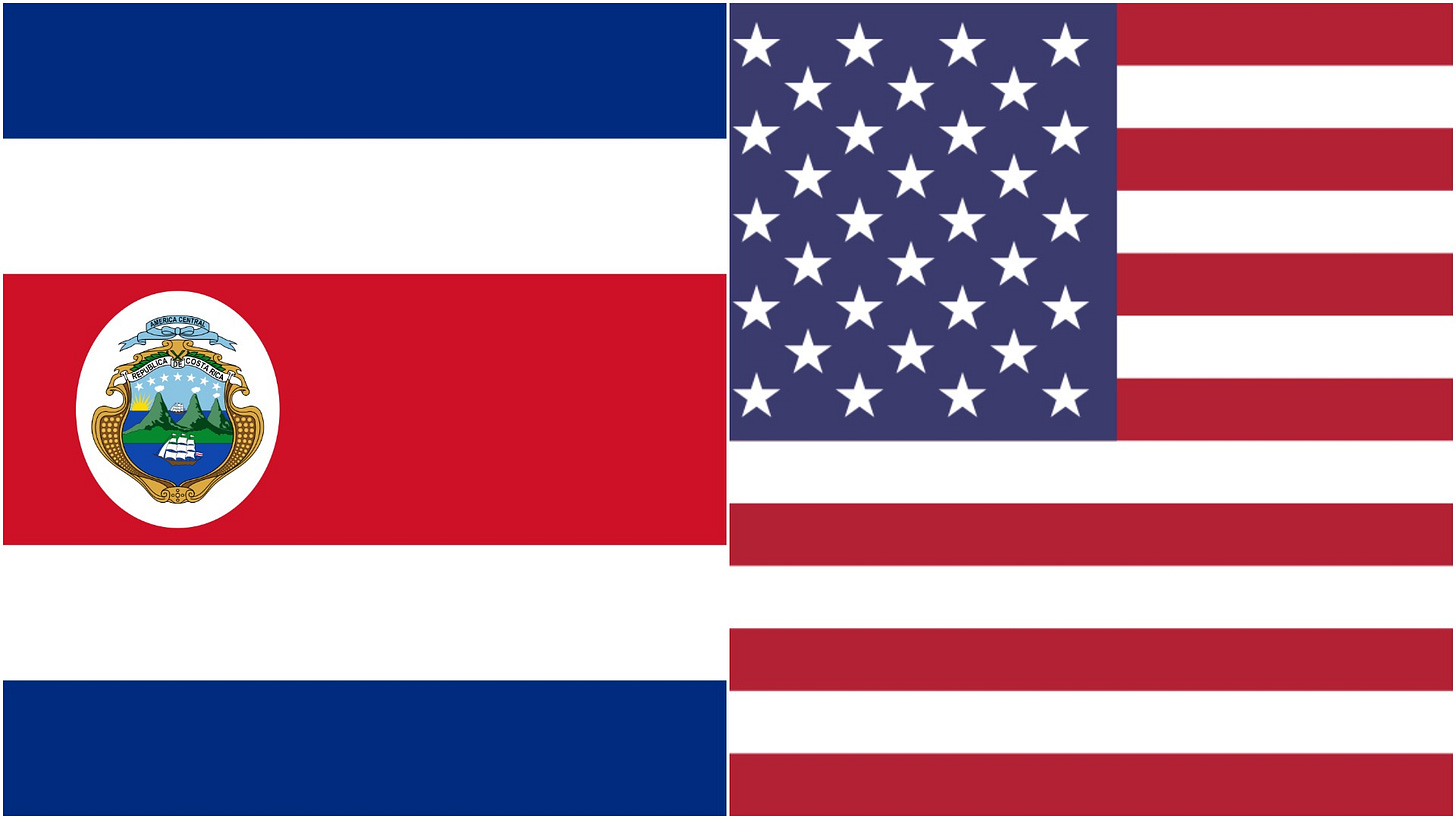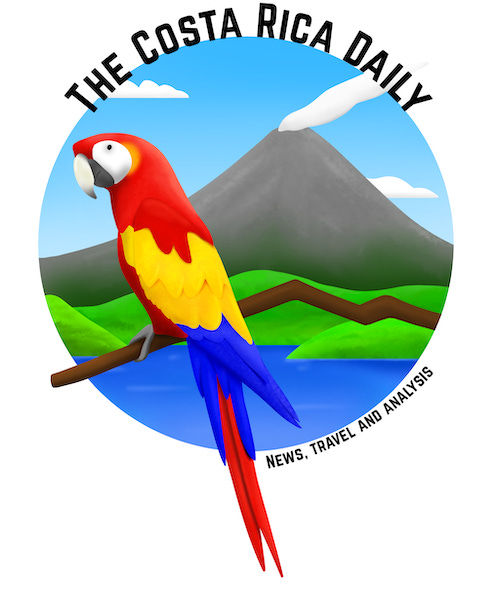The strong ties between the U.S. and Costa Rica
Costa Rica and the United States are strong allies.
The United States this week donated several unmanned aircraft to the Costa Rican government. The drones will be used to complement anti-narcotics and border-security efforts.
Earlier this year, the U.S. gifted patrol boats, 500,000 Covid-19 vaccines, and millions of dollars’ worth of other medical supplies to Costa Rica. If that seems like a lot, that’s because it is:
The United States has provided Costa Rica with about $40 million in security assistance in each of the last two years “to curb the flow of illicit drugs destined for the United States and to address high crime in Costa Rica.”1
Costa Rica and the United States are strong allies. That’s probably good news for Costa Rica, which would call upon U.S. support if it ever faced a foreign threat.
While one look at the customs line at Juan Santamaría International Airport or a walk down the streets of Tamarindo are proof enough, the details of Costa Rica’s close ties to the U.S. are still eye-opening:
Approximately 120,000 private U.S. citizens, including many retirees, reside in Costa Rica.
The U.S. is Costa Rica’s top trading partner, representing 40% of imports and exports. The U.S. is also Costa Rica’s top source of foreign direct investment.
More than 200 U.S. companies in Costa Rica collectively employ more than 94,000 people.
More than 1.4 million U.S. citizens visit Costa Rica annually.2
More than 1,100 Costa Ricans study at U.S. universities annually.
Costa Rica is the top destination in Latin America for U.S. study abroad programs. More than 8,000 U.S. students study in Costa Rica every year.
Add to that the hundreds of WalMart-owned stores and dozens of McDonald’s in Costa Rica. The result is a Costa Rica that can sometimes feel a little bit like the United States — for better and for worse.
Support The Costa Rica Daily
The Costa Rica Daily is 100% free — and 100% ad-free. We can only exist with your support, and we promise your donations won’t buy Big Macs:
Per the US State Department.
This figure and the following bullet points represent pre-pandemic data.



